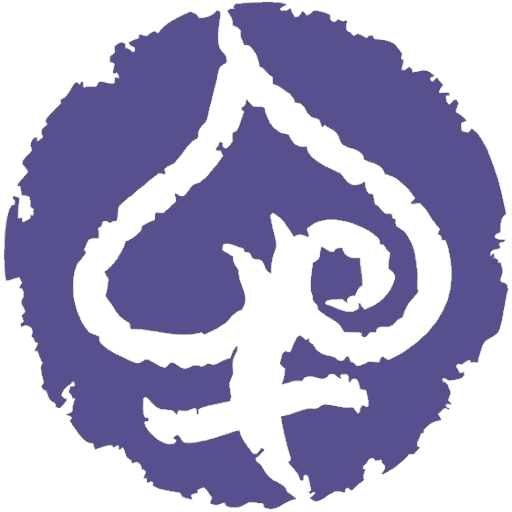Image credit: Christine Amour-Levar
Is learning languages the new brain superfood? Christine Amour-Levar weighs up the pros and cons of growing up multilingual.
One of my earliest memories of growing up as a bilingual child in the Philippines was that my siblings and I felt, well, rather special. The fact that from the age of two or three, we could rattle off in French amongst ourselves, then in a second and without a moment’s hesitation, switch to English when addressing our relatives or friends around us, always seemed to enthral and enchant some people. It was annoying too, at time, because occasionally, my mother’s friends, who found it irresistibly cute that we could speak French, would squeeze our cheeks in delight and beg us to say something in French (anything!) even if they couldn’t understand a word we said.
People would frequently make a fuss, but despite the unwanted attention, we knew that not everyone around us could speak two such languages fluently. Later on, when as a family we went to live in the French countryside for a few years, all our classmates knew that we were the only ones who could speak English fluently, and because of this, we felt just that tad bit more unique. Nevertheless, during the early years of our childhood, being bilingual felt more like we had a cool ‘party trick’ up our sleeve, rather than a useful and advantageous skill. It was only much later, as we started growing up, that we realised what a wonderful gift our parents had given us by striving to bring us up as bilingual and eventually multilingual children.
My Filipina mother, who became fluent in French after studying at the Alliance Française School of Manila and later on at the Sorbonne University in Paris, only met my French expatriate father once she returned home to her native Manila. And from the earliest years of their marriage, they decided that us children would grow up to be at least bilingual in French and English, and ideally proficient in Tagalog (the other official language of the Philippines in addition to English). Thus they proceeded to make French the main language of the family at home and enrolled us in an English kindergarten to begin with.
As I grew up, and continued my schooling at the French School and later on at the International School of Manila, I found it quite easy to pick up Spanish, as an additional subject, because of its similarities to French and Tagalog. Subsequently, I went on to study Japanese at university in Tokyo because my parents believed with a strong conviction, that being multilingual would inevitably help open many doors to me, and needless to say, it did. After my time in Japan working in advertising, and thanks to my language skills, I landed a prized international marketing job at Nike World Headquarters in the United States. And shortly after, I picked up my sixth language, Portuguese, through my business travels for Nike in South America. To this day, I credit my parents’ foresight and efforts in giving me this priceless gift of languages, which has granted me countless opportunities in my personal and professional life thus far.
* This article was first published in the Harper’s Bazaar Singapore

